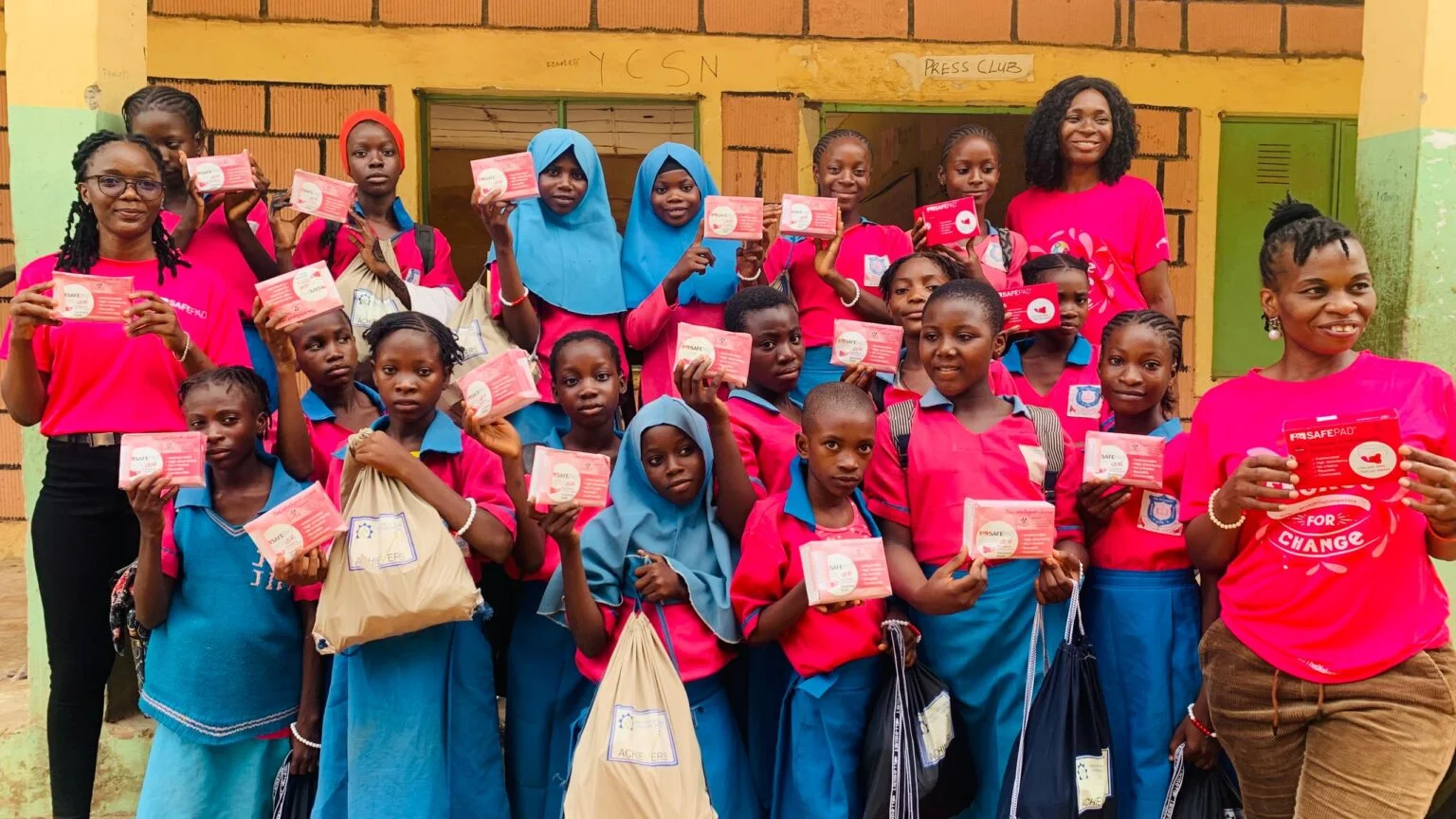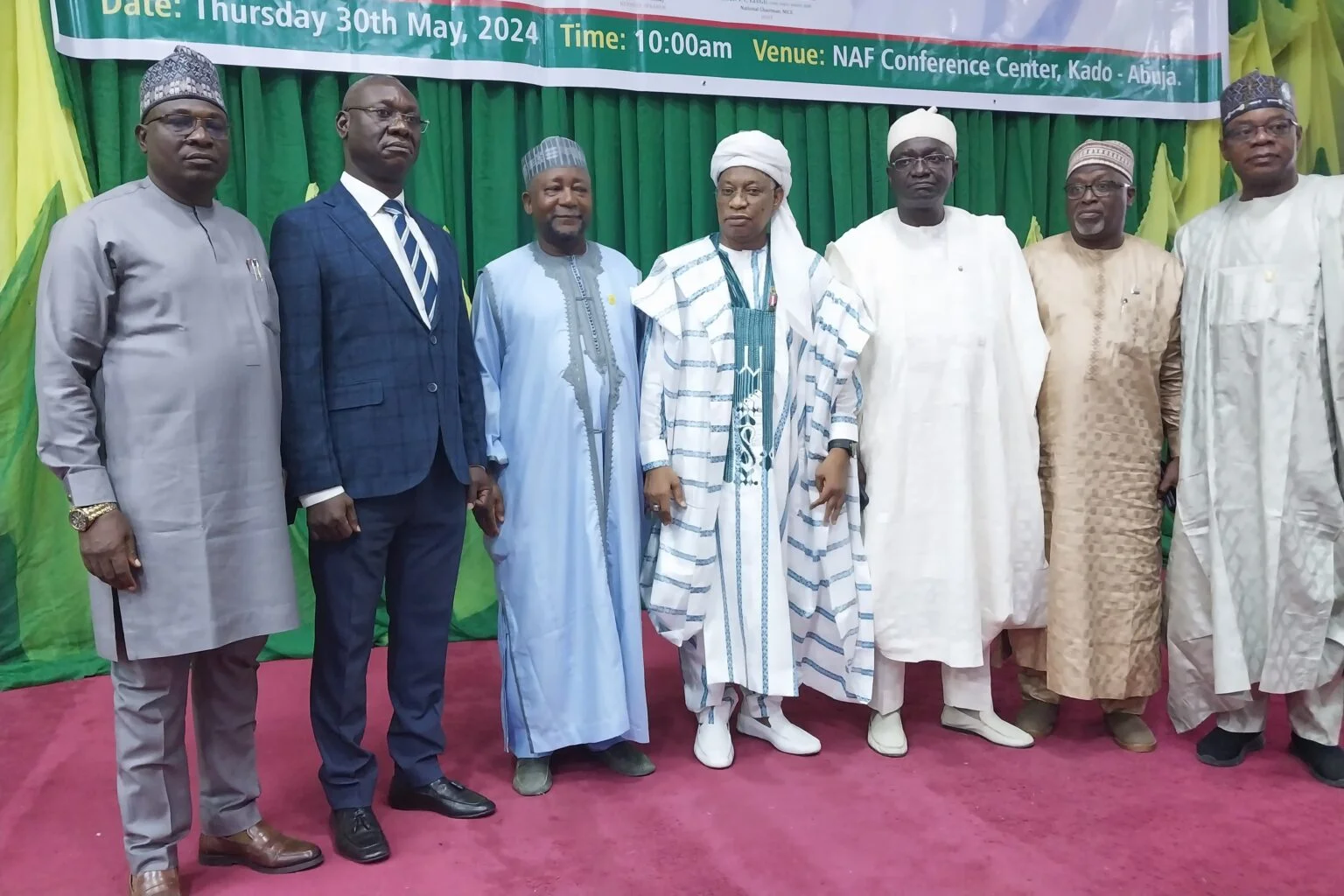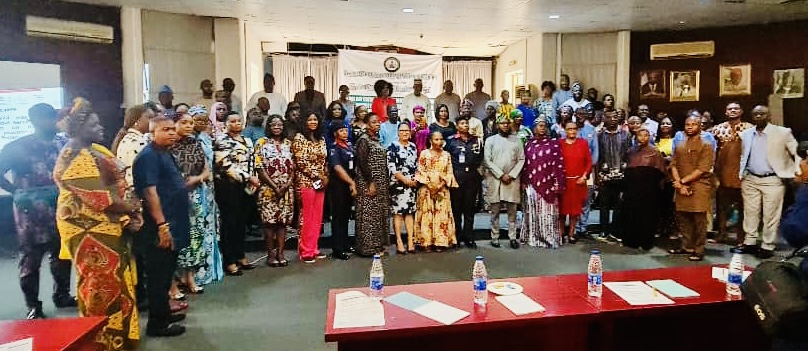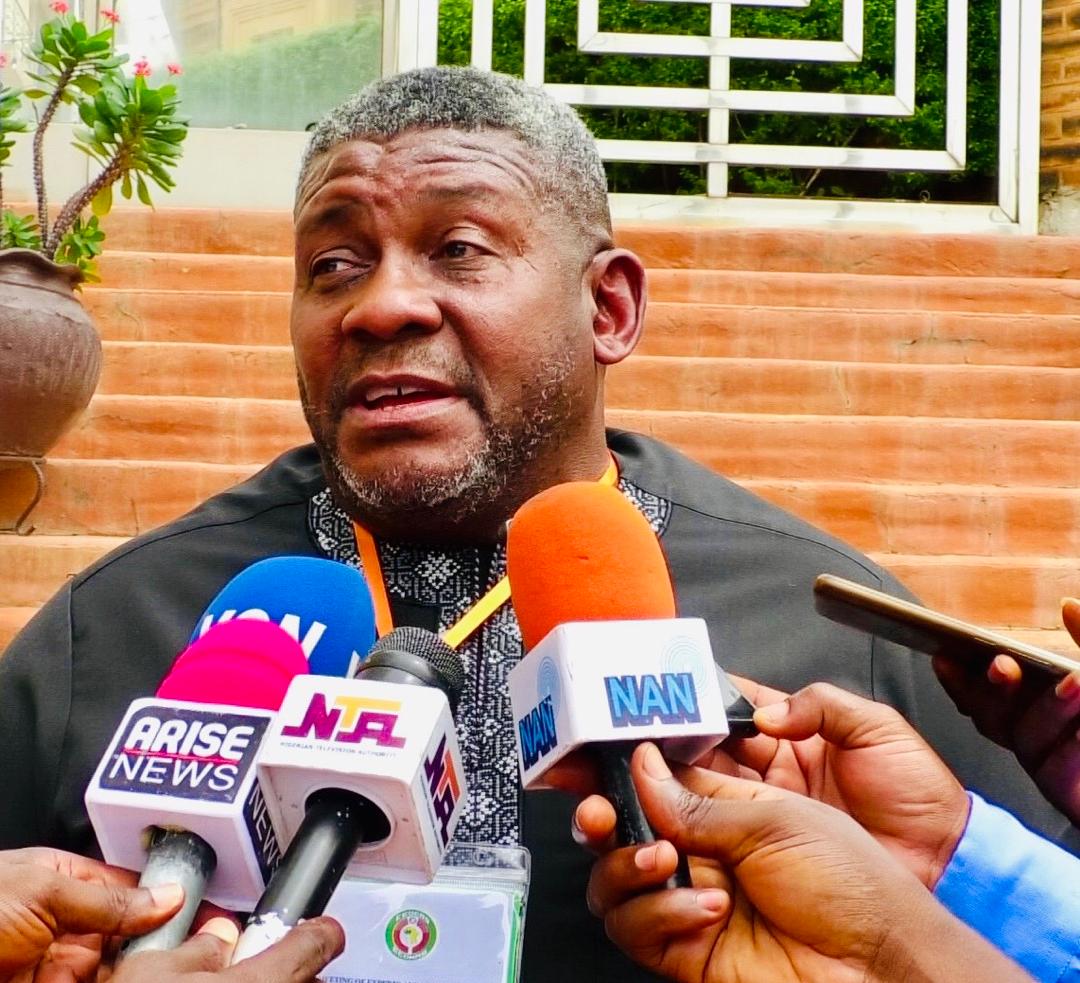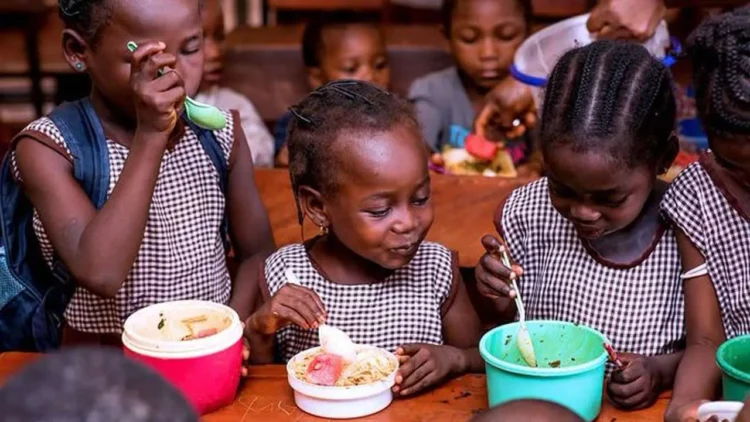By Abujah Racheal
Centre for Family Health Initiative (CFHI), an NGO, has donated reusable pads and hygiene kits to vulnerable girls in secondary schools in Abuja.
The schools are Junior Secondary School Takurshara, Junior Day Secondary School Jiwa, and Government Secondary School Nyanya.
The Executive Director, CFHI, Ms Krystal Anyanwu, said during the donation in Abuja on Friday, that the gesture was part of activities to commemorate the 2024 World Menstrual Hygiene Day.
Anyanwu said that the donation was in collaboration with the Ministry of Women Affairs, Supportive Edge Foundation, RealRelief, and the Institute of Human Virology, Nigeria (IHVN).
She explained that the donation was to enable schoolgirls to manage their monthly menstruation with dignity, safety, and comfort.
“This includes access to menstrual products, clean and private facilities, water and soap, accurate education, and safe disposal methods.
“Proper menstrual hygiene is essential for the health and well-being of women and girls, preventing infections and supporting their participation in education and daily activities,” she said.
She pointed out that by providing the reusable pads, CFHI was not only promoting gender equality by allowing girls to participate in educational and social activities, but also easing financial burden on families.
She added that the initiative would enable girls to manage their periods with dignity, reduce school absenteeism and prevent the use of unsafe or unhygienic alternatives.
According to her, using unsafe and unhygienic materials could lead to infections and other health issues.

Government Secondary School Nyanya , Abuja
The executive director said that CFHI would continue to raise awareness about menstrual health and hygiene, empower both girls and boys with knowledge and dispel misconceptions associated with menstruation.
“The adolescent girls were also trained on how to make menstruation bracelets. This will foster a more inclusive and supportive environment for all,” she said.
The Co-founder of CFHI, Ms Princess Osita, said that donation of the reusable pad was under the organisation’s Safepad Initiative to provide economic opportunities for local women and girls.
Osita said that the organisation had over the years distributed over 5,500 reusable sanitary pads to vulnerable adolescent girls.
While receiving the items, the Principal of Takurshara, Mrs Philomena Nashel, commended CFHI for the gesture, noting that the items would significantly promote good menstrual hygiene among young girls.
Nashel urged CFHI to extend its awareness campaign to parents and caregivers on how to educate their girls on good menstrual hygiene practices.
The News Agency of Nigeria (NAN) reports that May 28 of every year was set aside as World Menstrual Hygiene Day to spotlight the importance of menstrual health.
The day was also to identify menstrual hygiene as a complete physical, mental, and social well-being of women and girls in relation to their menstrual cycle. (NAN)
Edited by Philip Yatai






